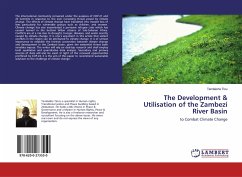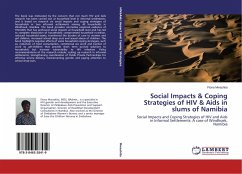The production of knowledge emerging from collaborative research undertakings is a fundamental tenet of today s knowledge-based economy, yet little is known of the ways in which the processes underlying these research settings facilitate or impair the uptake of knowledge designed for organisational application. While network theories of knowledge management acknowledge social relations as central to the possibility of learning, and organisational psychology recognises the role of affect in individual and group processes, the two have not been considered conjointly in attempts to understand the dynamics of collaborative research settings. This text is the result of a three-year investigation of a collaborative tourism research project showing that there are five dominant factors that would influence the effective creation, diffusion, and utilisation of knowledge. These factors relate to communication, individual cognition, social contingencies, affect, and values. More importantly, the results of this study also demonstrate the relationships among these five factors and how they can best be managed to ensure the effective uptake and application of knowledge.
Bitte wählen Sie Ihr Anliegen aus.
Rechnungen
Retourenschein anfordern
Bestellstatus
Storno








